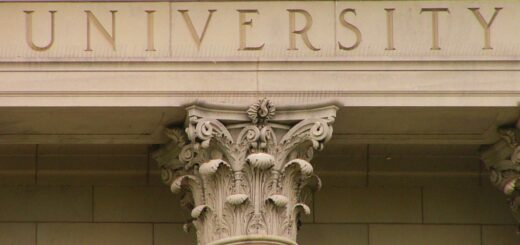AI needs to disrupt our lives faster
Last week I talked about the disruption Artificial Intelligence (AI) is causing. That’s old news (at least in the 21st-century sense of “old” news).
A lot of us are fearful, especially of being replaced by AI: nobody wants to lose their livelihood. Short of taking sledgehammers to the server farms AI relies on (please don’t do that – you’ll get arrested and won’t slow AI adoption one bit), there’s no real way to forestall the inevitable.
Here’s the twist: we shouldn’t want to slow down the inevitable, even though it will be painful. We should hope it comes faster.
AI’s going to cause tremendous societal pain, putting millions out of work. But it’s also going to save the lives of millions more.
AI promises to speed up the discovery of new drugs. It can outperform doctors. It can match the expertise of a cardiologist. It’s making huge leaps in figuring out the protein folding that underlies biology itself.
That’s with AI in its infancy. Imagine what happens as AI gets better and faster, and the pace of discovery accelerates. It promises to speed the discovery of so many new drugs and treatments, that it may completely revolutionize healthcare.
That’s why the question shouldn’t be, “How can we slow down AI?” but “How can we speed it up?”
Here’s one example: more than 200,000 people around the world are living with ALS. Gene therapy shows great promise, but it takes time to develop and test, and there are many genes involved in ALS. If AI can speed up the development of therapies that target other genes involved, it could give a lifeline to families around the world who are waiting and hoping.
Cancer kills thousands of people each day. If AI can identify it sooner, millions of lives could be saved.
Medical research funnels billions of dollars to investigate new drugs and treatments for widespread diseases such as diabetes, cancer and heart disease. Countless rare diseases that affect small numbers of people are left out in the cold. AI could change that equation.
You have to give them hope.
That’s what Harvey Milk said. He was speaking about the LGBTQ community, but all kinds of people facing despair need hope. AI promises that for the millions of people waiting for cures or at least new treatments. It would be immoral to stand in the way of that hope.
AI will change our society in ways that will be painful for millions. If we don’t control it, it could be militarized in a terrifying fashion. But for all the danger it poses, AI holds hope for millions, and to take that hope away would be to deny them — and us — our humanity.
Let’s hope AI disrupts faster: it’s a matter of life and death.


